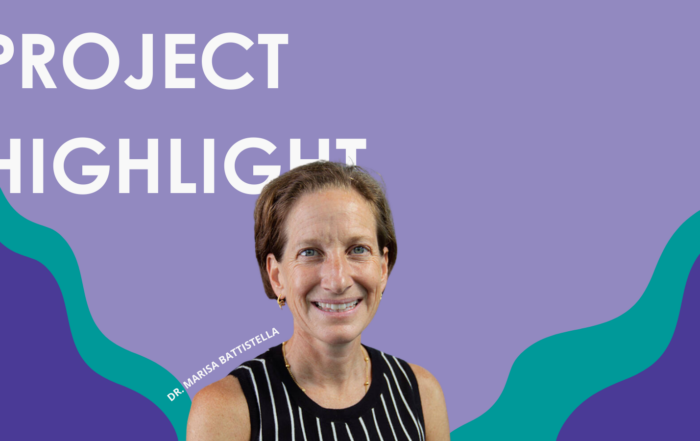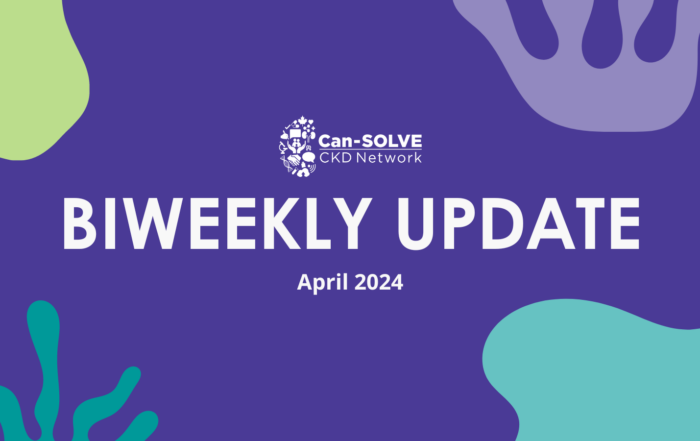
March 7, 2023
World Kidney Day aims to raise awareness of the importance of our kidneys to our overall health and to reduce the frequency and impact of kidney disease and its associated health problems worldwide. The impact of disastrous events including the COVID-19 pandemic greatly affect those with chronic diseases including the CKD population.
A Can-SOLVE CKD research project is trying to gain insight and address certain questions about COVID-19 vaccination for people living with chronic kidney disease (CKD). The study looks at COVID-19 antibody levels as a marker of protection against the virus. It also seeks to understand how long COVID-19 antibodies last and the relative effectiveness of different combinations of COVID-19 vaccines. The information from this study will be used to shape future vaccine recommendations.

Umair Khan, Provincial Research Coordinator
“This study is important because it motivated people to get vaccinated,” says Umair Khan, Provincial Research Coordinator for the COVID-19 study. “Participants were excited to know their antibody levels. They were following the guidelines from Health Canada and they were eager to know their results. Patients are talking with physicians and making sure they are immune.”
The research project sought participants over the age of 19 with CKD who had received at least one dose of a COVID-19 vaccine. Blood samples were sent to a central repository and examined for response markers, which include antibodies against the virus. This central repository stored blood for the BC COVID Biobank Network.
The COVID-19 pandemic has created a unique challenges, Khan notes. “As the evolution of COVID-19 is ongoing, there were variants including Omicron, so we had to amend our protocols in the middle of the project and ask for new samples to see how participants’ immune systems were responding.”
Patients were recruited via KidneyLink, social media and onsite poster advertising where participants can provide their electronic informed consent using the weblink or a QR code and in-clinic research coordinators recruiting and assisting participants.
As of January 2023, the project has stopped taking samples and total recruitment included 1,069 patients.
| Patients recruited by health authority | |
| Northern Health | 3 |
| Interior Health | 84 |
| Island Health | 146 |
| Vancouver Coastal Health | 655 |
| Fraser Health | 181 |
| Patients recruited by condition | |
| Transplant | 111 |
| Hemodialysis | 355 |
| Chronic kidney disease | 502 |
| Peritoneal dialysis | 101 |
Khan encourages patients to get vaccinated and follow Health Canada Guidelines. Due to the severe health risks associated with COVID-19, and the fact that re-infection with COVID19 is possible, everyone should get boosted even if they have already had COVID-19.
Knowledge translation efforts are currently underway including a patient survey to disseminate current knowledge and perceptions towards COVID-19 vaccination. In addition, a patient-centered webinar for study participants, patients, and caregivers is planned for spring 2023.
If you have any further questions, please contact Umair Khan, Provincial Research Coordinator at ukhan@cansolveckd.ca.
![]()
Détermination de la sécurité et de l’efficacité des vaccins contre la COVID-19 pour les personnes vivant avec une maladie rénale chronique
Determining the safety and effectiveness of COVID-19 vaccinations for people living with chronic kidney disease
La Journée mondiale du rein vise à sensibiliser le public à l’importance de nos reins pour notre santé globale et à réduire la fréquence et l’impact des maladies rénales et des problèmes de santé qui y sont associés dans le monde entier. L’impact d’événements désastreux tels que la pandémie de la COVID-19 affecte grandement les personnes atteintes de maladies chroniques, y compris la population souffrant d’IRC.
Un projet de recherche Can-SOLVE CKD tente de mieux comprendre et de répondre à certaines questions concernant la vaccination contre la COVID-19 pour les personnes atteintes d’insuffisance rénale chronique (IRC). L’étude porte sur les taux d’anticorps contre la COVID-19 comme marqueur de la protection contre le virus. Elle cherche également à comprendre la durée de vie des anticorps contre la COVID-19 et l’efficacité relative de différentes combinaisons de vaccins contre la COVID-19. Les informations obtenues dans le cadre de cette étude seront utilisées pour développer les recommandations pour les futurs vaccins.

Umair Khan, Provincial Research Coordinator
« Cette étude est importante car elle a motivé les gens à se faire vacciner », déclare Umair Khan, coordinateur provincial de la recherche pour l’étude sur la COVID-19. « Les participants étaient enthousiastes à l’idée de connaître leur taux d’anticorps. Ils suivaient les directives de Santé Canada et étaient impatients de connaître leurs résultats. Les patients parlent aux médecins et s’assurent qu’ils sont immunisés. »
Le projet de recherche visait les participants de plus de 19 ans atteints de l’IRC qui avaient reçu au moins une dose d’un vaccin contre la COVID-19. Des échantillons de sang ont été envoyés à un dépôt central et examinés pour détecter les marqueurs de réponse, qui comprennent les anticorps contre le virus. Ce dépôt central stockait le sang pour le réseau de biobanques BC COVID Biobank Network.
La pandémie de la COVID-19 a créé des défis uniques, souligne M. Khan. « Comme l’évolution de la COVID-19 est en cours, il y a eu des variantes dont Omicron, nous avons donc dû modifier nos protocoles au milieu du projet et demander de nouveaux échantillons pour voir comment le système immunitaire des participants réagissait. »
Les patients ont été recrutés via KidneyLink, les médias sociaux et les coordinateurs de recherche en clinique. En janvier 2023, le projet a cessé de prélever des échantillons et le recrutement total comprenait 1 069 patients.
| Patients recrutés par l’autorité sanitaire | |
| Northern Health | 3 |
| Interior Health | 84 |
| Island Health | 146 |
| Vancouver Coastal Health | 655 |
| Fraser Health | 181 |
| Patients recrutés en fonction de leur condition | |
| Transplantation | 111 |
| Hémodialyse | 355 |
| Maladie du rein chronique | 502 |
| Dialyse péritonéale | 101 |
Khan encourage les patients à se faire vacciner et à suivre les directives de Santé Canada. En raison des risques graves pour la santé associés à la COVID-19, et du fait qu’une réinfection par le COVID-19 est possible, tout le monde devrait avoir le rappel même s’il a déjà eu la COVID-19.
Des efforts d’application des connaissances sont actuellement en cours, notamment une enquête auprès des patients pour diffuser les connaissances et les perceptions actuelles concernant la vaccination contre la COVID-19. En outre, un webinaire centré sur le patient, destiné aux participants à l’étude, aux patients et aux soignants, est prévu au printemps 2023.
Pour toute question, veuillez contacter M. Umair Khan, coordinateur provincial de la recherche à l’adresse ukhan@cansolveckd.ca.
More Network Updates
Connect with us!
Subscribe to learn more about what we do, why it matters, and how you can get involved!






